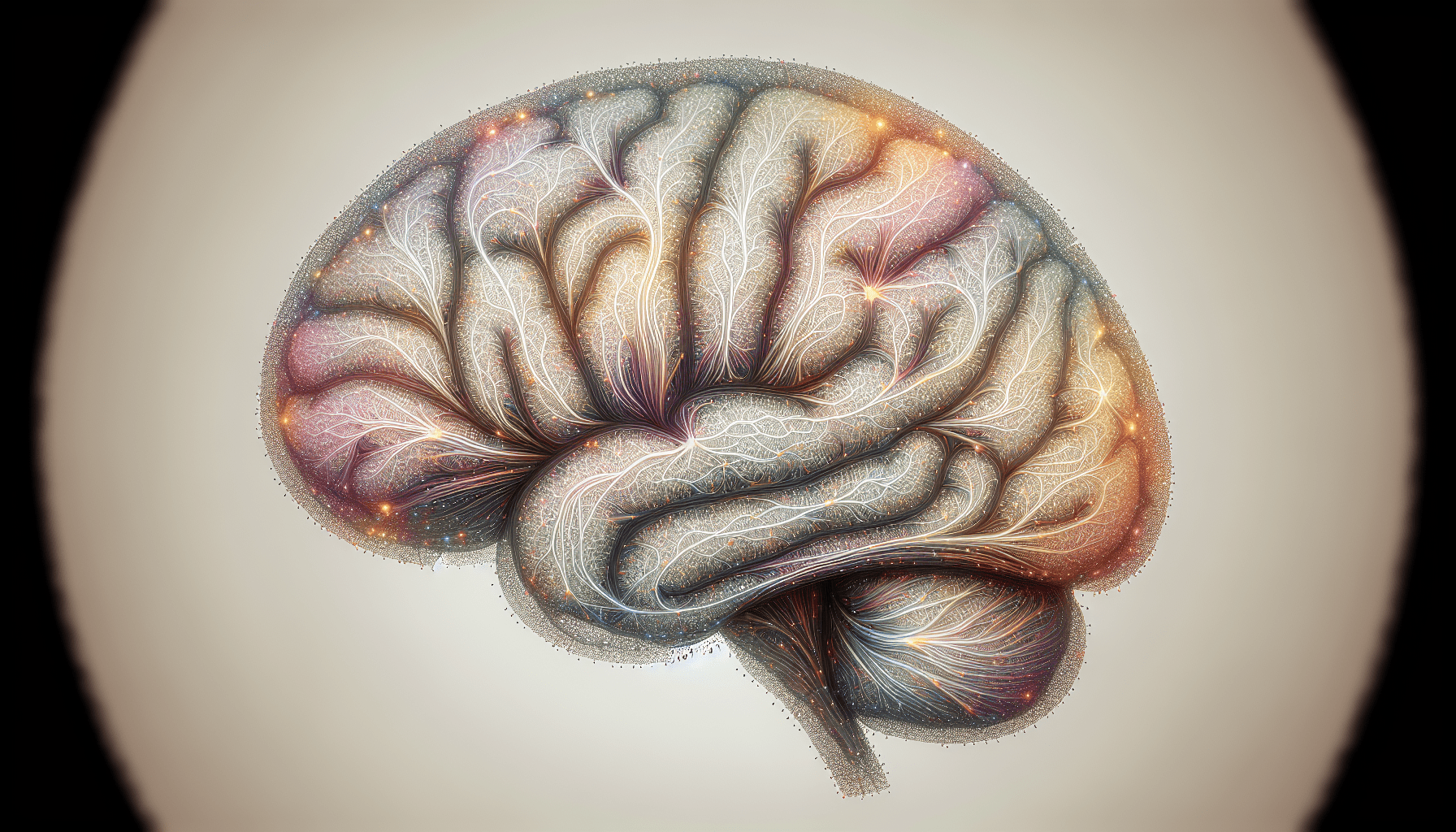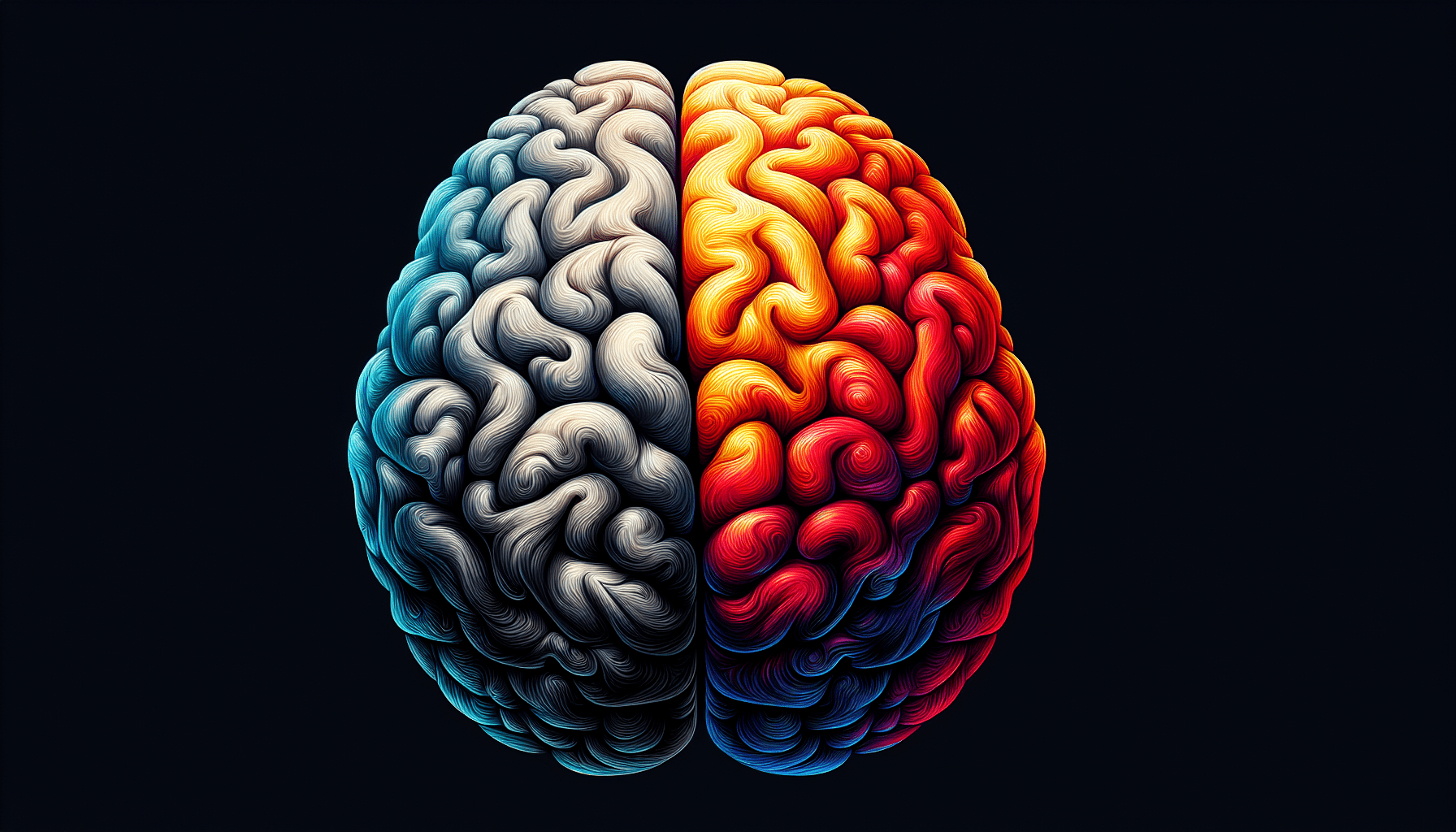Have you ever wondered if mild cognitive impairment (MCI) can lead to changes in personality? This is a fascinating topic that intersects the realms of neurology, psychology, and everyday life. Mild cognitive impairment is often a precursor to more severe forms of dementia, such as Alzheimer's Disease, but it is unique in that it also presents nuances that can affect how someone feels, behaves, and interacts with the world.
Understanding Mild Cognitive Impairment
Mild cognitive impairment (MCI) is a condition characterized by noticeable changes in cognitive functions like memory, attention, and problem-solving skills that are beyond what might be expected from normal aging. Unlike full-blown dementia, MCI does not significantly interfere with daily life activities. However, it can be unsettling for both the person experiencing it and their loved ones.
Types of MCI
MCI can be divided into two main types:
- Amnestic MCI (aMCI): Predominantly affects memory. People with aMCI might frequently forget appointments, conversations, or recent events.
- Non-Amnestic MCI (naMCI): Affects other cognitive functions like decision-making, attention, and visual-spatial skills.
These distinctions are crucial because the type of MCI can influence the kinds of personality changes one might experience.
Personality Changes: An Overview
The connection between MCI and personality changes is increasingly recognized. Personality encompasses enduring patterns of thoughts, emotions, and behaviors. When cognitive functions begin to diminish, these changes can spill over into one's personality. For example, a typically calm person may become irritable, or a generally sociable individual might become withdrawn.
Common Personality Changes
Several personality changes are commonly observed among individuals with MCI:
- Increased Irritability: The frustration of dealing with cognitive lapses can manifest as irritability.
- Depression and Anxiety: The awareness of cognitive decline can lead to feelings of sadness and worry.
- Apathy: A loss of interest in activities that used to be enjoyable is frequent among individuals with MCI.
- Reduced Social Engagement: Difficulty in following conversations or remembering names can make social settings daunting.
Case Studies and Research
Real-World Examples
Consider Jane, a retired schoolteacher in her 70s diagnosed with aMCI. Typically described as cheerful and outgoing, she begins to show signs of irritability and depression. Her family notices that she prefers to stay home rather than attend social events she once enjoyed. This shift is a stark contrast to her previous personality, indicating a potential link between her cognitive impairment and personality changes.
Studies on Personality and MCI
Research supports these observations. A study by the Alzheimer's Association found that people with MCI are more likely to exhibit changes in personality traits such as neuroticism and extraversion compared to cognitively healthy individuals. Another study published in the “Journal of Alzheimer's Disease” highlighted that apathy and depression were among the most commonly reported changes in those with MCI.
Summary of Key Studies
| Study | Key Findings |
|---|---|
| Study by Alzheimer's Association | Increased neuroticism and changes in extraversion among MCI patients. |
| Journal of Alzheimer's Disease | Frequently reported changes include apathy and depression. |
The Role of Brain Changes
Neurological Underpinnings
The brain is the epicenter of cognitive functions and personality traits. When MCI sets in, certain parts of the brain undergo changes that can lead to personality shifts.
Brain Regions Involved
The primary regions of the brain affected by MCI include:
- Hippocampus: Associated with memory; its shrinkage can affect mood and behavior.
- Prefrontal Cortex: Implicated in decision-making and social behavior; deterioration here can result in behavioral changes.
- Amygdala: Plays a role in emotion regulation; its impairment can lead to increased emotional volatility.
Neurotransmitter Imbalances
Neurotransmitter imbalances due to MCI can also contribute to personality changes. For instance, reduced levels of serotonin and dopamine can result in depression and apathy, respectively.

Impact on Relationships
Family Dynamics
One cannot overlook the effect of personality changes on relationships. Loved ones are often the first to notice these subtle shifts and can find them distressing. Understanding that these changes are part of the condition can help in providing appropriate support.
Caregiver Burden
Those who take care of individuals with MCI often face emotional and physical tolls. Apathy and irritability in the person with MCI can lead to increased stress for caregivers.
Communication Strategies
Effective communication becomes vital to manage these changes. Simple techniques like maintaining eye contact, using clear and concise language, and being patient can go a long way in improving interactions.
Managing Personality Changes
Pharmacological Approaches
Medications can be helpful in managing the symptoms associated with MCI. Antidepressants may be prescribed to address feelings of depression and anxiety, while cholinesterase inhibitors can help in managing cognitive symptoms.
Psychotherapy
Types of psychotherapy, including cognitive-behavioral therapy (CBT) and counseling, can be beneficial for both the individual and the caregiver. Therapy can provide coping mechanisms and emotional support.
Lifestyle Changes
Various lifestyle adjustments can help in managing personality changes:
- Diet and Exercise: Physical activity and a balanced diet have shown to have positive effects on mood and cognitive health.
- Mental Stimulation: Engaging in mentally stimulating activities like puzzles and reading can help slow cognitive decline.
- Social Interaction: Maintaining social connections, even if it's challenging, is crucial for mental well-being.
Prognosis and Future Research
Long-Term Outlook
The progression of MCI varies from person to person. Some individuals may stabilize or even improve, while others may deteriorate into more severe forms of dementia. Personality changes can sometimes serve as early indicators of what to expect.
Emerging Therapies
Numerous ongoing studies focus on identifying therapeutic options and interventions that can slow the progression of MCI and mitigate associated personality changes.
Technological Advances
Technological advancements such as brain imaging and biomarkers are helping scientists better understand the relationship between MCI and personality. These tools could eventually lead to more targeted interventions.
Conclusion
In summarizing, it's essential to consider the significant impact that mild cognitive impairment can have on personality. Understanding these changes can offer valuable insights for managing the condition effectively, both for the individuals experiencing MCI and their caregivers. Increased awareness, timely intervention, and ongoing research are keys to improving quality of life for those affected.
By addressing the intricate relationship between cognitive decline and personality shifts, you can better navigate the challenges and complexities that come with mild cognitive impairment. Knowledge, empathy, and proactive management form the backbone of effective care.




